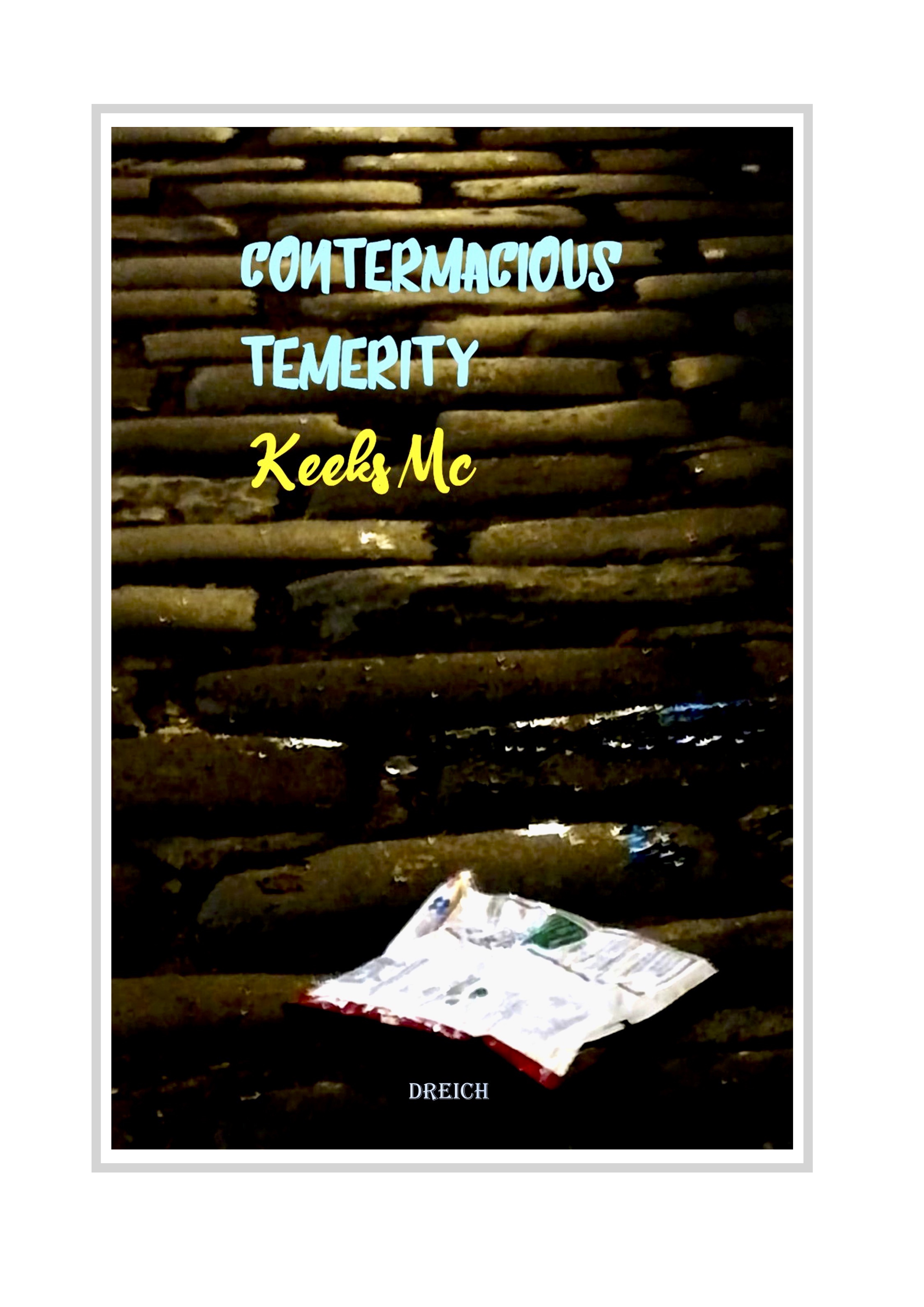Joanna Walsh Hotel (Bloomsbury Books, 2015)
by Laura Waddell
Hotels are where our desires go on holiday.
Object Lessons is “an essay and book series on the hidden lives of everyday things” which takes quotidian objects as a starting point for analysis. The custom-built website invites proposals for new topics to series editors Ian Bogost and Christopher Schaberg, and Hotel joins other intriguing, minimalist non-fiction titles such as Remote Control, Silence, and Phone Booth.
Part personal reflection, part semiotic and symbolic interrogation, Hotel takes on a playful format. The context of a disintegrating marriage and the curious job of reviewing hotels sets the reflective human backdrop for a series of chapters which are varied in their structure. At points Walsh takes found hotel postcards as a framework for discussion, at another it stages a play from Freudian case studies in order to gently mock them. Walsh has packed a suitcase case full of theoretical and cultural references – Kierkegaard, Plath, Mae West, Wayne Koestenbaum, and many more besides – to illuminate her own intelligent, insightful observations.
Is the hotel a language system? It’s a system of some kind: a series of set elements in different combinations. All hotels invite decoding.
This exploration of the artifice of hotel terminology is particularly delightful. As Walsh continues, illuminating the inherent oddity of the hotel structure,“Hotels […] have a problem with the active voice. The passive evades clock time and diffuses responsibility. To stay in a hotel is never like living at home.”
Much of the narrative and mood of Hotel is framed by the diffusion of personal responsibility by evasion, or alternatively, disingenuous surface acquiescence to someone else’s will – be that fitting to the shape of its language and geography of hotel or marital home, or Freud’s young patient Dora to his woefully inaccurate psychoanalysis of her in the sections that play on his case studies.
I’m here to try on someone else’s version, not of my life, but of an ideal life, cut to my budget. Like the towelling robe in my bathroom, it feels good, but it doesn’t really fit. Nevertheless, I’ll put it on.
Other examples include that of hotel libraries, spaces intended to mimic external places of leisure and relaxation, which uniformly contain books picked up and thumbed through only the first few pages in a mere role-play of utilising the space as intended. Despite such efforts by hotel planners, guests ultimately react, Walsh illuminates, in ways hotels do not and can not design. Intending to cater to our needs, desires, and manners of habit, the oddity of hotels, their uncanny or unheimlich nature, makes us not hotel-dwellers but non-home dwellers, playing a role and testing out an alternate reality which can, by nature, only ever be temporary or a signifier of somewhere else – perhaps, a place we are trying, as Walsh is, to avoid. As such, Hotel is as much a musing on notions of home as it is on hotel, and essentially how we conceive the self in relation to these spaces.
A section on hotel architecture, notably keys and a description of how they work, is told in simple, factual statements which give way to personal reflection. A pattern or format begins to emerge in which Walsh states what is true, and what is not true, about a particular subject – often a physical object or location – and continues to do so until she finds what these contrasts reveal.
In my hotel I have a key, but so does housekeeping. Someone can always get in when I am not around, or even when I am. Nethertheless, I lock the door at night. […] There is a hole in my side into which someone else’s desires fit. It’s only a matter of finding the right key, a key to the code, which is told in words. I must not always want the key to be a man.
Occasionally, striking truths emerge from the simplicity of this methodical assessment as the test, when extended and applied to the self, draws out a human, emotional self-assessment from within the strange, ill-fitting, impersonal utopia of the hotel setting. It’s a kind of close-reading of the emotional reaction to staying in a hotel; a structural revelation of the process by which one reaches a moment of self-reflection.
This is a technique reminiscent of Édouard Levé, who in his works Autoportrait and Suicide explores concepts of the self and reliability of self-analysis through a series of self-referencing, non-sequitur statements, based in either fact or opinion, illuminating in their contrast and playful in the ever-enmeshing framework of analysis they create. In a similar manner, Walsh extends the “system of some kind” of the hotel (“a series of set elements in different combinations. All hotels invite decoding”) and existing frameworks (such as the Freudian interview or the hotel itself) to decoding the self.
Hotel is a heady mix of symbols and reference. Increasingly, as new contextual references are introduced, they mesh and are looped together; they are played off one another, even meet as characters in segments of theatre. The narrative becomes slightly messy and thick like syrup, deliberately surreal, and dreamy – it feels like a fitting tone for a musing on what is, largely, the provision of a space to sleep.
When I am asleep I am still paying (or working) for my hotel though I am not making the most of it. Or perhaps I am.
Hotel captures a mood of contrary loneliness. It is contrary in the testing, rejection, or measuring of the self up to usage encouragement and expectations of hotels; and lonely not just in contextual personal circumstance, but in pitting the self against an impersonal space designed to contain a human. Alongside the intelligent analysis and playful structure, Joanna Walsh captures something innately surreal and peculiar about hotels.




Leave a Reply